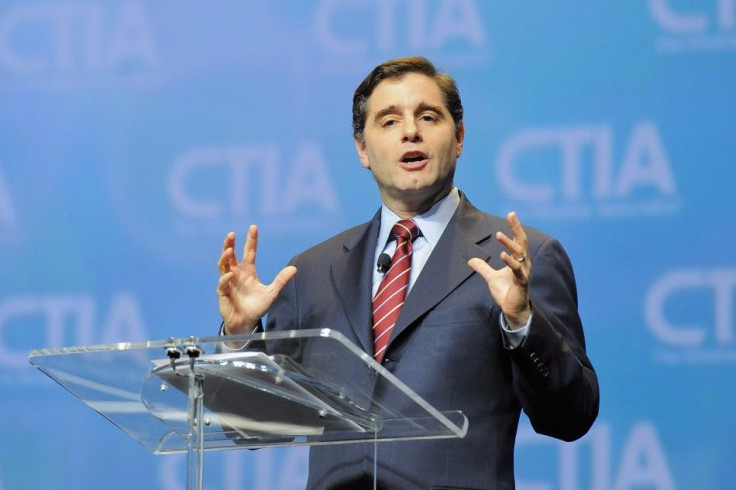FCC Nationalized Data Roaming Plan Draws Mixed Reaction

The Federal Communications Commission voted for a plan that would require wireless providers to offer data roaming arrangements at a reasonable rate to competitors. Essentially, the move nationalizes data roaming.
The data roaming rule ensures consumers services are not interrupted no matter where they go, even when it's outside their own provider's network coverage. The FCC said this promotes connectivity and nationwide access to mobile data services.
The votes were along party lines. The Democrats, including Chairman Julius Genachowski, Commissioners Michael Copps and Mignon Clyburn approved, while republican commissioners Robert McDowell and Merideth Baker dissented.
The rule is in accordance with the recommendations of National Broadband Plan. It will increase competition and benefit consumers says the FCC. Without these guarantees, consumers in rural areas would be limited in their choices.
The days of rural consumers being forced to choose between substandard mobile data service provided by a nationwide carrier and reliable services from a rural carrier-that become unavailable outside that provider's license area-are over. Today's rule will ensure rural consumers enjoy seamless mobile data services that are available wherever they may live, work, or travel, said Shirley Bloomfield, chief executive of the National Cable & Telecommunications Association, in a statement.
Not everyone was a fan. Predictably, the companies would be most affected by this new measure, the wireless carriers, were mostly displeased. Verizon and AT&T both released statements critical of the measure.
Today's action represents a new level of unwarranted government intervention in the wireless marketplace. By forcing carriers that have invested in wireless infrastructure to make those networks available to competitors that avoid this investment, at a price ultimately determined by the FCC, today's order discourages network investment in less profitable areas. That is directly contrary to the interests of rural America and the development of facilities-based competition and potential job creation, said Tom Tauke, Verizon executive vice president of public affairs, policy and communications, in a statement.
However, Sprint was one carrier that applauded the FCC's move and took a shot at their competitors. Vonya B. McCann, senior vice president of government affairs for Sprint, said the FCC's move will ensure seamless access to wireless data.
The FCC must be congratulated for taking this action despite the opposition of the two largest U.S. wireless carriers who have lobbied against this pro-consumer, pro-competitive item. With AT&T's proposed acquisition of T-Mobile and the corresponding threat it poses to continued wireless competition, it is absolutely critical that the FCC take steps to promote competition and level the playing field, McCann said in a statement.
© Copyright IBTimes 2025. All rights reserved.





















